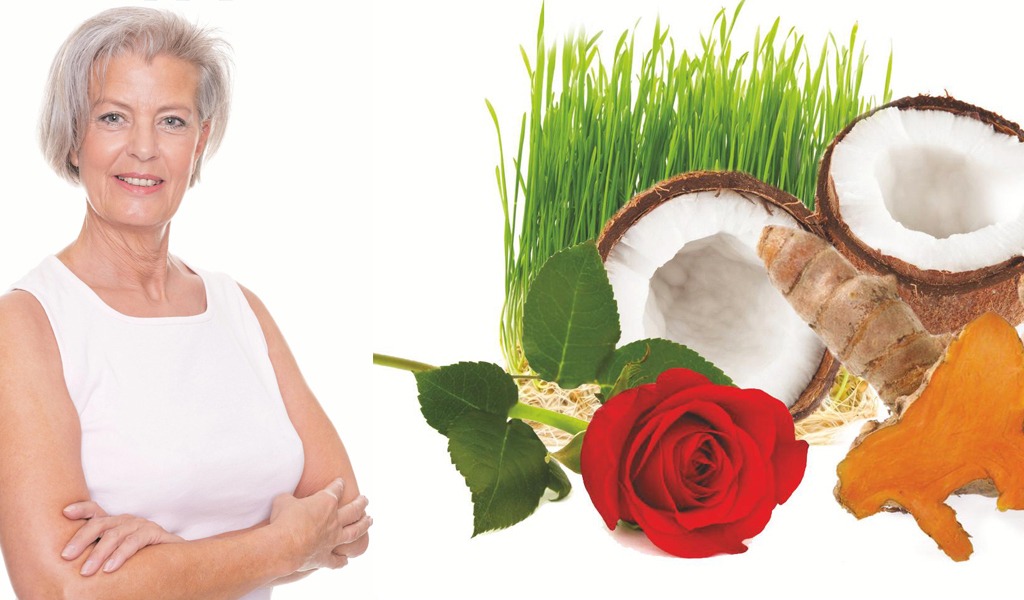A number of time-tested and wellresearched Ayurvedic herbs and herbal remedies promise smooth supple skin, natural radiance, and an escape from many skin maladies. These age-old therapies of Ayurveda work as a boon in not only treating skin maladies like acne, blemishes, skin allergies and skin eruptions, they also hold great promise when it comes to nourishing and restoring your natural beauty.
Skin ailments such as acne, eczema, urticaria, and fungal skin infections can be successfully treated with Ayurveda, and herbs can be used for maintaining as well as enhancing natural skin radiance.
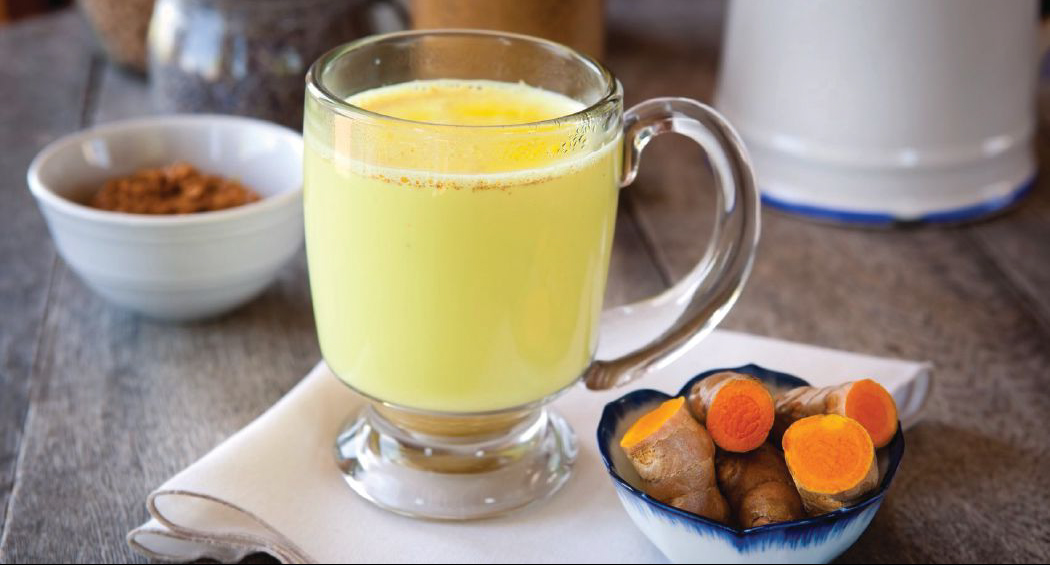
Ayurvedic analysis and herbal remedies for Acne
The ayurvedic name for the malady of acne is Yuvana Pidika. Yuvana means young age and Pidika means small pustules. in ayurveda, acne is categorized as a skin ailment that is linked to a blood disorder. This is why most of the treatment advised in ayurveda for acne focuses on blood purification. ayurveda believes that acne results from distortion or imbalance in the Vata and Pitta doshas (air and phlegm body humors), which further cause deformation of the blood or “Rakta dhatu.”
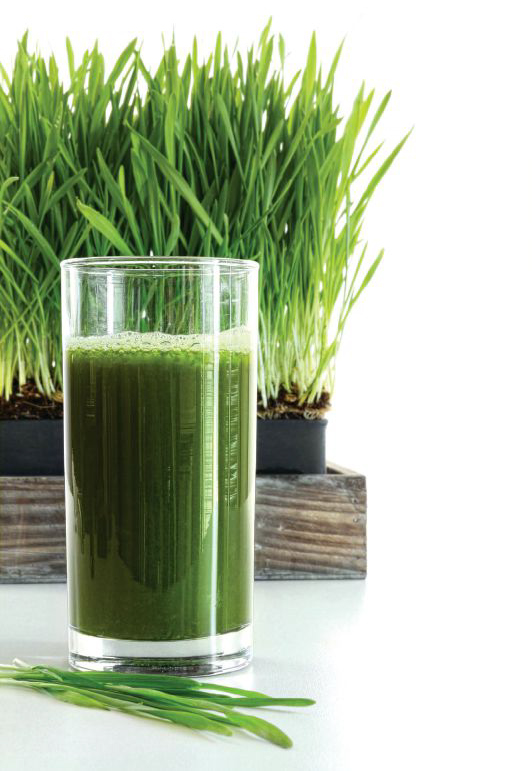 Remedies for Acne
Remedies for Acne
Some ayurvedic herbs for acne are cooling and soothing by nature and possess anti-microbial and antiseptic properties. Moreover, these herbs also help to reduce inflammation and relieve the burning in the skin. natural substances like turmeric, coconut, rose, wheatgrass, white gourd etc. can be made a part of your daily diet, and others like sandalwood can be crushed and applied on acne for relief.
- coconut oil contains anti-microbial and antiseptic properties. This is why the external use of coconut oil is highly beneficial in curing a number of skin ailments like rashes, boils and acne.
- Wheatgrass juice can be applied onto affected skin, and also taken orally. This natural herb works as a blood purifier and natural antiseptic and is an effective herbal remedy for acne.
- Two teaspoons of rose syrup mixed in a glass of water and taken on an empty stomach, once or twice a day, is another ayurvedic remedy for acne. rose water can also be applied externally to the skin.
Ayurvedic analysis and herbal remedies for Eczema
In ayurveda, eczema is considered a skin ailment mainly characterized by spontaneous eruptions on the skin. ayurveda deems eczema to mainly result from dosha imbalance, due to an aggravation of the Kapha dosha and impairment of the other doshas – Vata and Pitta.
Remedies for Eczema
Some of the herbs recommended for internal and external use in eczema treatment in ayurveda are neem, turmeric, wheatgrass, and Triphala or the three Myrobalans – Harad, Baheda and Amla.
- Pound some raw turmeric and make this into a paste adding little amounts of water. This paste may be applied locally to the site of eczema eruptions and patches. This treatment can be even more effective if you take half to one teaspoon of turmeric powder twice daily with warm milk or water.
- Take two or three tender, young leaves of neem. Pound them along with 2 or 3 black peppercorns and make into small balls. Take one or two balls on an empty stomach twice or thrice a day. You can also wash the affected area of the skin with a decoction of neem or Triphala.
Ayurvedic analysis and herbal remedies for Urticaria (Hives)
Ayurveda believes that skin allergies or urticaria (hives) are mainly caused by the imbalance of all the three doshas – Vata, Pitta and Kapha. it is believed that often, urticaria or skin allergies take root due to an incorrect diet and in such cases, diet correction is the key to combat skin allergies.
Remedies for Urticaria
- Local application of coconut oil or mustard oil may provide relief in itching due to skin allergies
- intake of raw turmeric with milk or water is useful.
- add soda bicarbonate and Saindhav salt to mustard oil and massage it into affected areas to reduce itching.
- Take a half bowl of yogurt and add two teaspoons of mustard oil and squeeze one-fourth of a lemon into the mixture. apply this mixture to the affected body parts five to ten minutes prior to bathing. This will help relieve skin rash and itching related to urticaria or skin allergies.
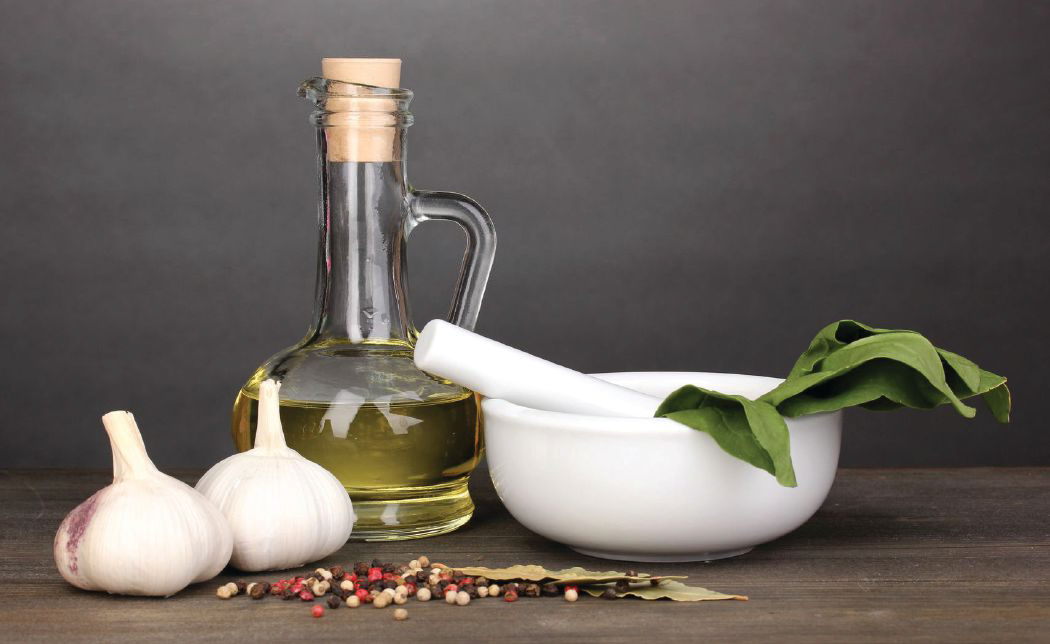
Ayurvedic analysis and herbal remedies for fungal skin infections
According to ayurveda, a fungal infection is referred to as dadru. Imbalance in the three doshas of the body, particularly the Pitta or the fire humor and Kapha dosha or the phlegm humor, is what causes them.
Remedies for fungal skin infections
- Garlic has anti-fungal and anti-infective properties. Garlic juice can be extracted by pounding fresh cloves of garlic, and applied at the site of the infection two to three times a day.
- Pound a piece of fresh turmeric along with a few basil leaves. This paste can be used as a local application twice a day
- Make a paste by pounding together few neem leaves and a piece of raw turmeric. apply this paste at the site of infection two or three times daily
- Pound the seeds of the ayurvedic herb of chakkermard and mix it into radish juice. This is to be applied on the affected areas
- Local application of mint juice is also recommended.
- An ayurvedic physician would also recommend blood purification and proper elimination of body wastes. For that, you can take three to five grams of Triphala powder with a glass of warm water (preferably at bedtime).
Ayurvedic herbs and herbal remedies for beauty enhancement
- Aloe Vera
Fresh juice or extract from this herb, both for internal and external use, can be a boon to your skin. it has the property of blood purification and is also beneficial in curing many skin ailments such as acne, rashes, swelling, and blemishes. in ayurvedic texts, it has been said that fresh juice applied on the face can result in a decrease in blemishes. according to ayurveda, it helps reduce the aggravated heat in the body, which is the cause of most skin problems.
Dosage: 10 ml to 20 ml of freshly extracted juice. Local application of the pulp or juice is also recommended.
- Neem
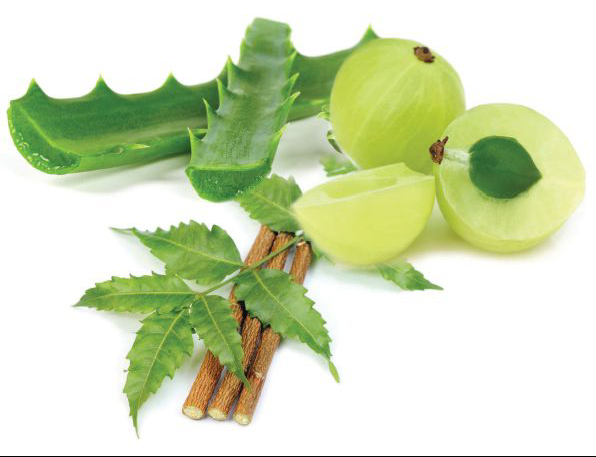 Neem or the margosa tree is a natural cleanser that flushes out toxins from the body and thus helps clear the skin from maladies like pimples and skin eruptions.
Neem or the margosa tree is a natural cleanser that flushes out toxins from the body and thus helps clear the skin from maladies like pimples and skin eruptions.
It is recommended both for internal and external use. The juice extracted from grinding fresh neem leaves and the paste thus formed can be applied on skin eruptions. neem leaves can be pounded and made into small balls, which when taken on an empty stomach, work as a wonderful blood purifier. neem is light in nature and cold in action. The taste is pungent and astringent, whereas the aftertaste is bitter. Therefore, neem also proves beneficial in decreasing the heat in the body system. it is also believed to be a natural antiseptic, antipruritic and a natural wound healer.
Dosage: 10 ml to 20 ml fresh juice extracted from the leaves. also used for local application.
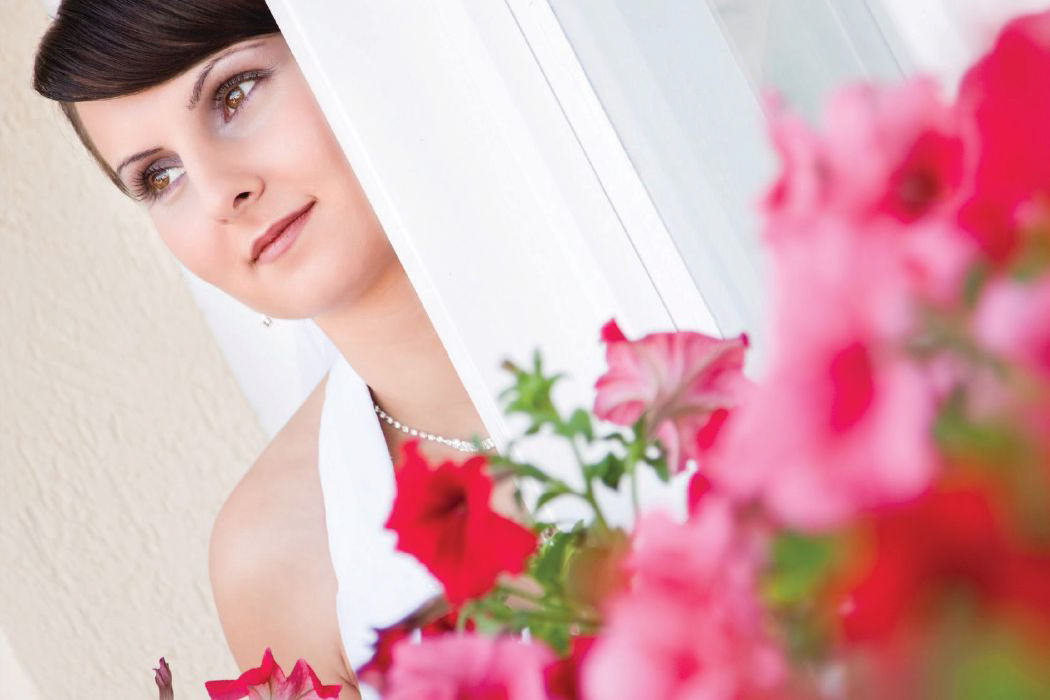
- Sandalwood
Sandalwood is believed to have anti-toxic and rejuvenating properties. it is highly effective in curing heat-related skin problems like itching, blemishes, allergies and roughness of skin. You can apply sandalwood oil mixed into coconut oil or sesame seed oil and massage into the affected areas for relief.
Dosage: 3 grams to 6 grams of the powder. Local application also recommended.
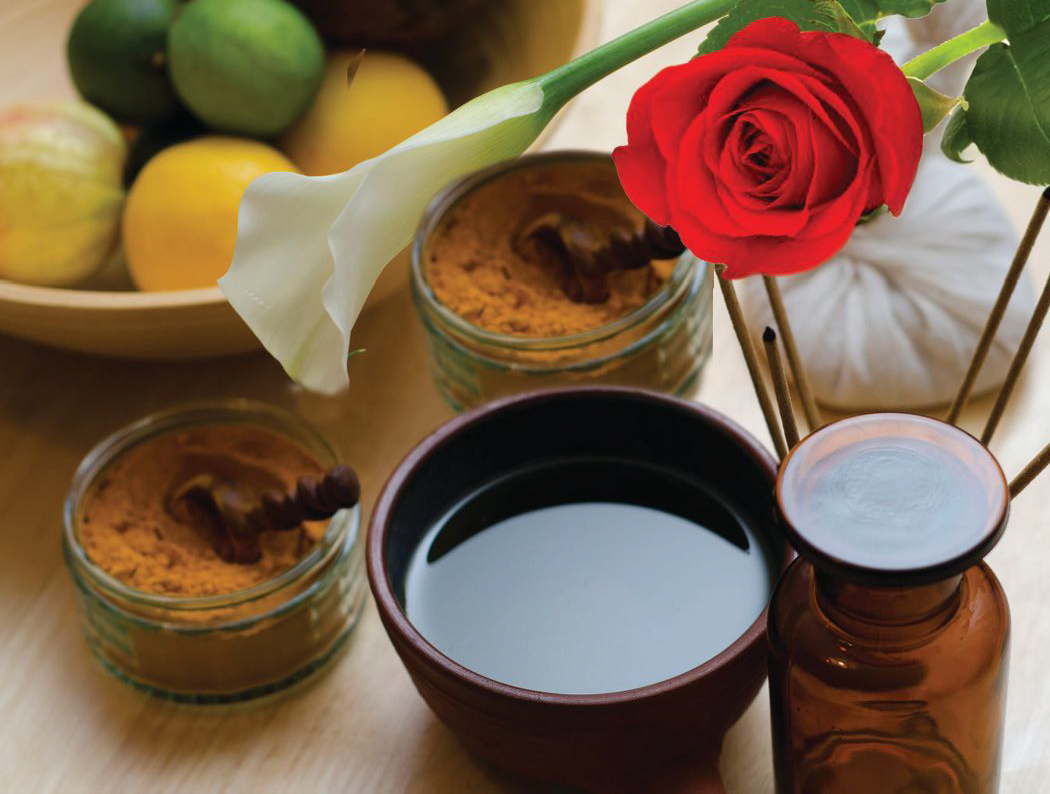
- Rose
Rose is believed to be light, slimy and cold in action. it is also rich in vitamin c and beneficial for the skin. rose water can be applied externally to the skin for better results and to get a clearer complexion. You can also take two teaspoons of rose syrup mixed in a glass of water on an empty stomach once or twice a day. This is an effective cure for heat-borne skin ailments such as pimples, blemishes, etc.
Dosage: 20 ml to 40 ml of the syrup; 10 grams to 20 grams of rose-jelly (Gulkand). Local application also suggested.

Sonica Krishan is an author, writer and speaker in the fields of Ayurveda, Meditation and Yoga. She is a leading Ayurveda professional in India; an Ayurveda Consultant at Herbo Veda; and a holistic healing coach.www.drsonicakrishan.com.



